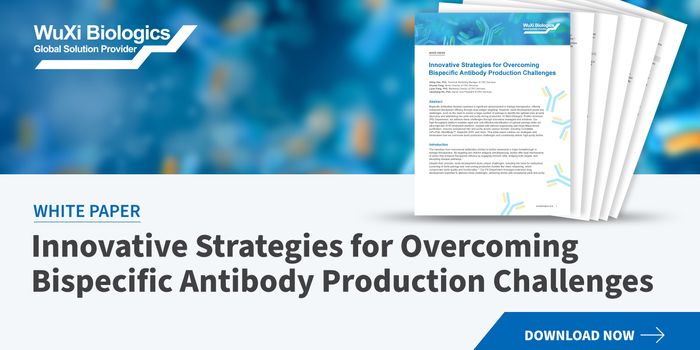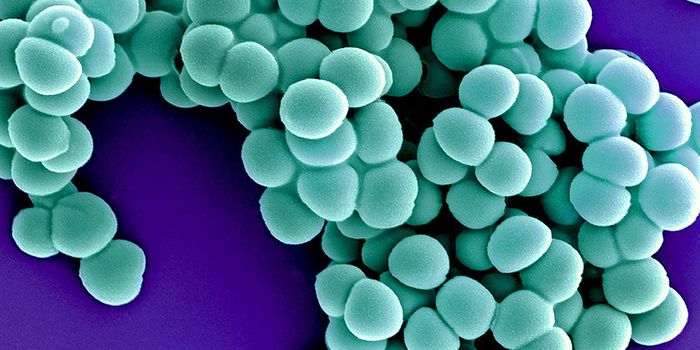New Drug Shows Promise in Treating Advanced COVID-19
As the COVID-19 pandemic rages on, the search for drugs to combat the virus is ongoing. Now, scientists have found that a new drug, known as 4-Phenulbutiric acid (4-PBA), can modulate the body's inflammatory response to COVID-19 in animals.
In the study, the authors note that the inflammatory process common in patients with severe cases of COVID-19 causes the release of cytokines- immune cells that then put the body's immune system into overdrive in what's known as a cytokine storm. Leading blood vessels to become extremely permeable, it often results in multiple organ failure and then death. As such, treating these cytokine storms is essential for managing the disease.
Already, 4-PBA, under the name 'Buphenyl', is used as an anti-stress drug against other diseases that modulate cellular stress, including urea cycle disorders. As such, the researchers set out to see whether the drug could also be used to combat similar stress caused by COVID-19.
From animal tests, the researchers confirmed that the treatment was able to 'fully curb mortality caused by respoirtory failure from cellular stress'.
The researchers also managed to identify the endoplasmic reticulum resistant protein, 'Binding Immunoglobulin Protein' (BiP), a biomarker for cellular stress in the blood. They managed to do so by finding a correlation between high levels of the biomarker and inflammatory severity from COVID-19 infections.
As such, the researchers say that BiP levels could both serve as an early indicator for how effective 4-BPA treatment may be, as well as to indicate groups at more risk of severe complications from COVID-19.
"Therefore, if we know that the patient suffers from cellular stress, we can kill two birds with one stone - we can detect susceptibility before infection occurs and know how to treat it in due time," says co-author of the study, Ivan Duran, from the University of Malaga in Spain.
Sources: Deccan Herald, FDA









